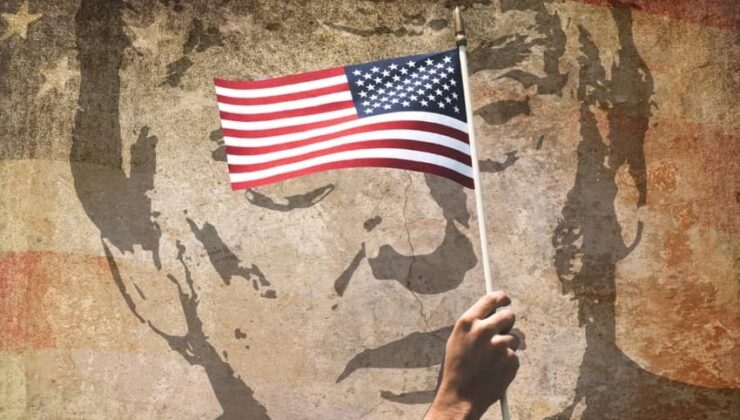

Analysts from KBW have expressed confidence that insurers will adeptly handle challenges from the newly imposed U.S. tariffs. Industry players are expected to have sufficient time to file for rate adjustments, which state regulators are anticipated to approve.
President Trump’s Tariff Announcement
In what U.S. President Donald Trump has lauded as the onset of a ‘golden age’ for America, his administration has declared a 25% tariff on all foreign-manufactured vehicles. Furthermore, the European Union will encounter a 20% tariff on its goods entering the U.S., while products from the United Kingdom will incur a 10% tariff.
President Trump emphasized that nations will face reciprocal tariffs, aligning with the duties they impose on U.S. products, with a baseline tariff set at 10%. Notably, Chinese imports will see a 34% tariff, and Indian goods will be subject to a 26% tariff.
Implications for the Insurance Sector
KBW has identified that these tariffs will predominantly impact personal insurance, commercial auto physical damage, commercial property, marine lines, and surety bonds—reflecting potential financial hurdles for contractors—due to increased claim costs tied to higher prices for car parts, used cars, and construction materials.
Insurers’ Strategic Response
“Despite these challenges, we believe insurers are well-prepared to navigate these issues. Mexico and Canada, which accounted for over half of 2024’s car parts and sawn wood imports, are not subject to new tariffs. Additionally, as it will take time for current inventories to deplete and tariff-related inflation to manifest, insurers have the opportunity to file for rate increases,” KBW’s analysts noted.
They further stated, “We also anticipate that state regulators, many of whom recently dealt with limited insurance availability, will generally approve the requested rate increases, given the clear evidence of loss cost inflation.”
Insights from Autonomous Analysts
Analysts from Autonomous have also weighed in, noting that while ongoing uncertainty complicates precise quantification of tariffs’ impact on claim severity, they predict that auto underwriters might experience a +2-4% increase in loss costs as tariffs affect all stakeholders, from importers to claimants.
Managing Tariff Challenges
Autonomous’ analysts remarked, “Personal auto underlying underwriting combined ratios remain well below historical averages. While exposure values on new cars will need adjusting to account for tariffs, we don’t foresee a significant urgency to drastically raise prices due to tariffs on auto parts.
“In our assessment, tariffs present a manageable obstacle for established personal auto underwriters like Progressive, Travelers, and Allstate, but potentially pose greater challenges for scaling underwriters such as LMND.”
ENGLİSH
4 gün önceSİGORTA
4 gün önceSİGORTA
4 gün önceSİGORTA
7 gün önceSİGORTA
9 gün önceSİGORTA
9 gün önceDÜNYA
18 gün önce 1
Elon Musk’s Father: “Admiring Putin is Only Natural”
11523 kez okundu
1
Elon Musk’s Father: “Admiring Putin is Only Natural”
11523 kez okundu
 2
xAI’s Grok Chatbot Introduces Memory Feature to Rival ChatGPT and Google Gemini
10507 kez okundu
2
xAI’s Grok Chatbot Introduces Memory Feature to Rival ChatGPT and Google Gemini
10507 kez okundu
 3
Minnesota’s Proposed Lifeline Auto Insurance Program
9452 kez okundu
3
Minnesota’s Proposed Lifeline Auto Insurance Program
9452 kez okundu
 4
Introducing Vivo Y300 Pro+: A Blend of Power and Affordability
7394 kez okundu
4
Introducing Vivo Y300 Pro+: A Blend of Power and Affordability
7394 kez okundu
 5
What’s the best car insurance for seniors?
6050 kez okundu
5
What’s the best car insurance for seniors?
6050 kez okundu
Veri politikasındaki amaçlarla sınırlı ve mevzuata uygun şekilde çerez konumlandırmaktayız. Detaylar için veri politikamızı inceleyebilirsiniz.